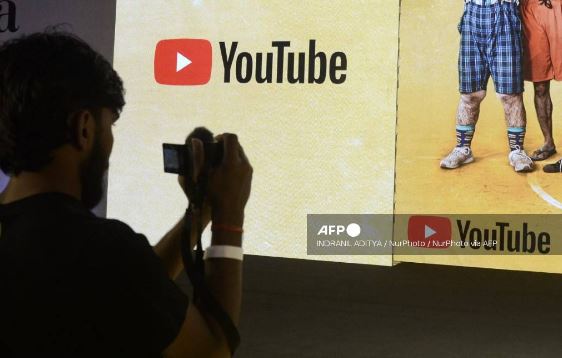Australia Moves to Ban Under-16s from YouTube and Major Social Media Platforms, Sparking Global Debate

Australia is set to implement one of the world’s toughest digital age restriction laws, with a landmark decision to ban children under 16 from accessing platforms such as YouTube, Facebook, Instagram, TikTok, Snapchat, and X.
The ban, announced on Wednesday by Prime Minister Anthony Albanese and Communications Minister Anika Wells, will take effect from December 10, aiming to shield young users from what the government describes as “predatory algorithms” and harmful online content.
“Young people under the age of 16 will not be able to have accounts on YouTube,” Prime Minister Albanese declared. “They will also not be able to have accounts on Facebook, Instagram, Snapchat, TikTok, and X. We want Australian parents and families to know that we have got their back.”
Communications Minister, Wells emphasized that the move is about reclaiming agency for young people. “We want kids to know who they are before platforms assume who they are,” she said. “There’s a place for social media, but not for predatory algorithms targeting children.”
The decision marks a major shift in policy, especially regarding YouTube, which had previously been considered an exception due to its widespread use in classrooms and educational settings.
However, YouTube pushed back strongly, calling the announcement a “jarring U-turn.” In a statement, the platform insisted, “YouTube is a video-sharing platform… It’s not social media.”
The legislation gives teeth to enforcement, with tech companies facing fines of up to Aus$49.5 million (US$32 million) for non-compliance. But critics say the law, while bold on paper, lacks clarity on implementation and enforcement mechanisms, raising concerns that it may be largely symbolic.
Global tech firms, including TikTok and Meta (owner of Facebook and Instagram), have criticized the bill as “vague,” “rushed,” and potentially harmful. TikTok accused the government of disregarding mental health experts, while Meta warned the ban could place an “onerous burden on parents and teens.”
Despite the criticism, Albanese likened the move to underage drinking laws, acknowledging potential imperfections in enforcement but insisting it is “still the right thing to do.”
As international observers watch closely, Australia’s decision could become a blueprint for other nations exploring stricter online age limits to protect minors in the digital age.








